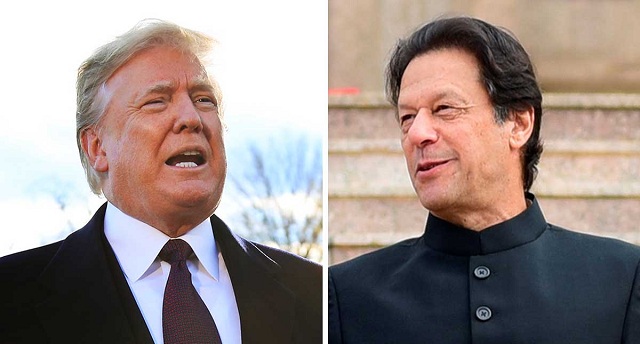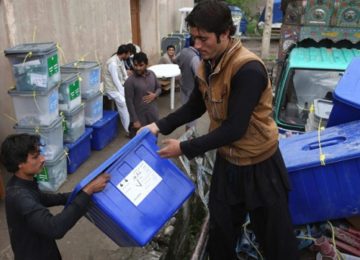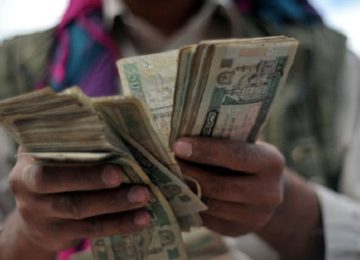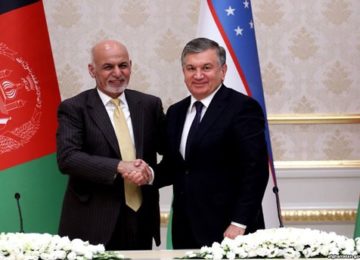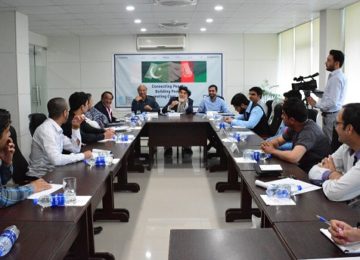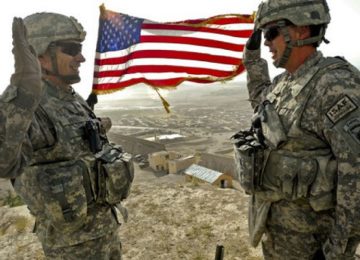January 30, 2019.
For a non-conventional US President, this made sense too; through his South Asia Strategy in August 2017, he gave his mighty establishment, including former defence secretary James Mattis, more than a year to justify the continuity of the Afghanistan mission.
A possible telephonic contact between the US President Donald Trump and the Pakistani Prime Minister Imran Khan within next couple of days would mark yet another high point thus far in the quest for peace in Afghanistan, an immediate outcome of the nearly week-long, direct US-Taliban talks in Doha, Qatar. This phone call, likely any time before Trump’s State of the Union address on February 5 this year, will hopefully further reinforce Pakistan’s role as a key regional player, emphatically endorsed by other regional players such as China, Russia, Iran and Turkey.
This unprecedented regional consensus on Afghanistan, as well as on the role of the Taliban in this embattled country, has resulted from smart diplomacy by Pakistan., where both the military and the civilian leadership has successfully convinced not only its friends including China but has also conveyed to the US President, through his envoy Zalmay Khalilzad, that the only interest Pakistan is pursuing in Afghanistan is peace and stability. The message to Trump and his secretary of state Pompeo from the highest civilian and military leadership was that Pakistan had no favourites in Afghanistan and that it would like all Afghan stakeholders to hammer out a better future for themselves.
“We will facilitate the process as much as possible”, was the categorical message. At the same time, the Pakistani authorities quietly, but firmly, worked towards constricting the Taliban movement within Pakistan, while telling them the time was ripe for them to be a part of the reconciliation process. No country is more interested in a peaceful Afghanistan than Pakistan, we have a direct stake in it for our own peace and stability, Prime Minister Khan reportedly conveyed to Trump through Zalmay Khalilzad.
It was this unanimity of thought and clarity of intent that the US Senator Lindsay Graham, during his recent visit to Islamabad, had to concede in the presence of PM Khan and Foreign Minister Shah Mehmood Qureshi that “we (the US) were wrong in pointing fingers to Pakistan.”
Pakistan also crafted the narrative of “shared responsibility” when underscoring the need for a regional consensual approach. All regional stakeholders also concurred and believed that a collective approach was the only way to stem the tide of terrorism in Afghanistan – which is debilitating not only politically but also financially.
For a non-conventional US President, this made sense too; through his South Asia Strategy in August 2017, he gave his mighty establishment, including former defence secretary James Mattis, more than a year to justify the continuity of the Afghanistan mission.
But it was only this far that Trump could put up with. As the year 2018 turned out to be the bloodiest, with Taliban, as well as Daesh, striking at will with deadly attacks, the President’s patience wore thin and he tasked Khalilzad to try a different strategy before the Afghan Presidential elections that were set for April.
Despite all the past stigmas and insinuations hurled by its detractors, Khalilzad’s shuttle diplomacy resurrected Pakistan as the lynchpin for nudging Taliban into talks with the US envoy. This angered President Ashraf Ghani and Dr Abdullah Abdullah as well as many others. They felt left out of what may eventually lead to a landmark intra-Afghan dialogue. At the Davos World Economic Forum a week ago, Ghani vented considerable Pakistan-focused rancour, literally denounced the US-Taliban but has now owned the process – auguring well for the dominant majority of the violence-fatigued Afghans.
The major sticking point in the way of an intra-Afghan dialogue is the Taliban’s demand for a definite deadline for the US troops’ withdrawal and total evacuation of their military basis. They also – at least publicly – not only rule out direct talks with the Kabul government but are also using a symbolic restoration of their regime as a face-saver.
The US, on the other hand, is demanding a ceasefire, which could help towards a reduction in violence, without conceding on the deadline. Top Pakistani military and civilian officials insist that Khalilzad – who appears to be in an unusual hurry – and the Taliban have already agreed on the broad contours of the way forward and are now working on the details to transition to the next but extremely critical phase. This phase involves “intra-Afghan” talks that should lead to an interim power-sharing formula, constitutional amendments followed by general elections.
The new situation has also put the presidential elections on hold as Taliban would not like to continue the peace process if Ghani or any other Unity Government member were to become the president.
Both the US and the Taliban have also reportedly exchanged some names for the possible interim set up. Yet, the way ahead is extremely bumpy because of a small minority of Afghan leaders, who not only abhor the Taliban but also refuse to talk to them. Even President Ghani still privately calls Pakistan, the “patron of Taliban.”
This small but influential lobby, with its apparent leaning towards India, represents a potential roadblock to peace and reconciliation. Moreover, this lobby can also undermine, if not entirely sabotage, the process.
It will certainly be interesting to see how, in the next few days, President Trump, despite stiff opposition from the deep establishment, manages to neutralize those Afghan lobbies which fear a possible US-Taliban understanding may render them irrelevant.
But one thing is sure; even if the process moved into the next round, leading to talks among Afghans, the “spoilers” will probably try their best to subvert it. This means continuous challenges for the US, Pakistan and the extended regional stakeholders. Instead of celebrations, they all need to move in tandem with small steps.
An arduous situation awaits Pakistan in case the US gave away the possible date for pulling out. Overconfidence and usual procrastination could land it in even bigger trouble. Islamabad, therefore, requires an extremely cautious, well-calibrated and progressive approach in the entire process. A possible intra-Afghan compromise would only mark the beginning of its journey to rehabilitate its image in Afghanistan.
The author Imtiaz Gul is the Executive Director of the Center for Research and Security Studies (CRSS), Islamabad.
Source: CRSS Blog.



